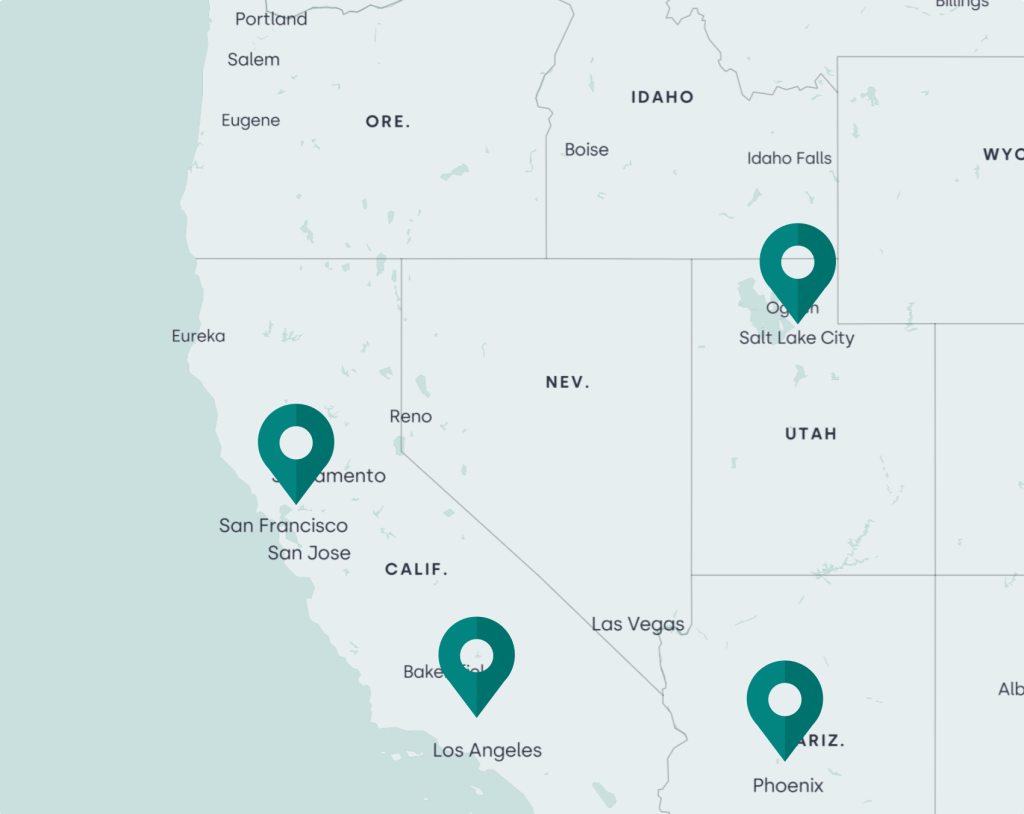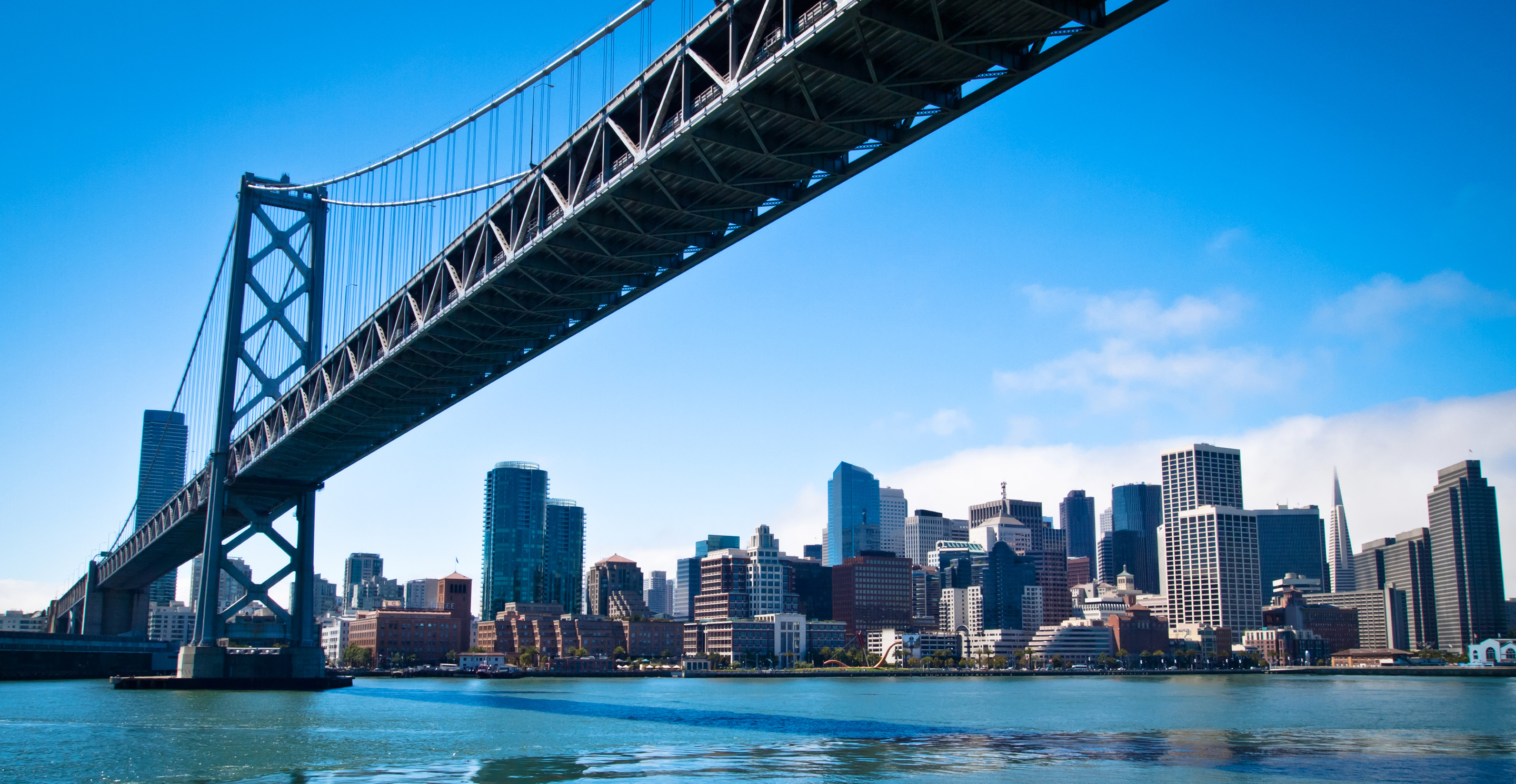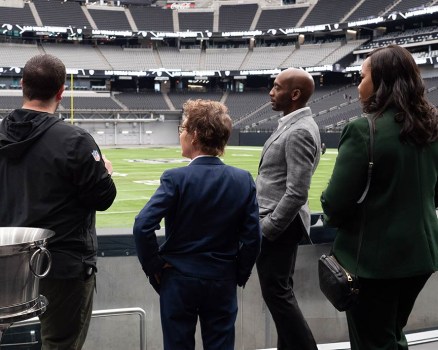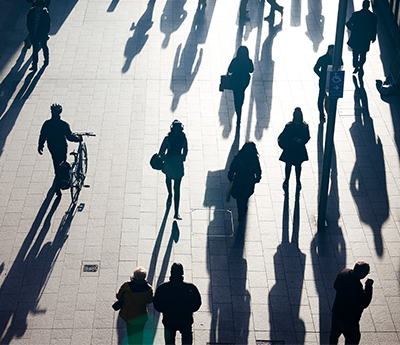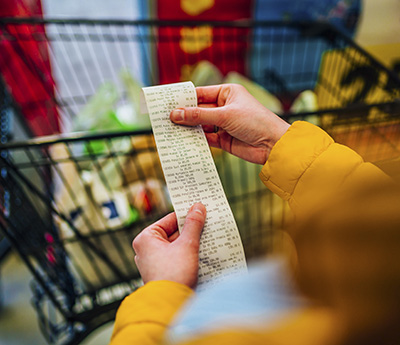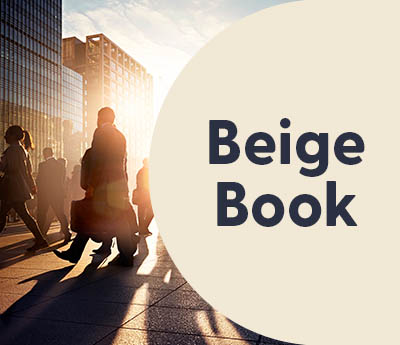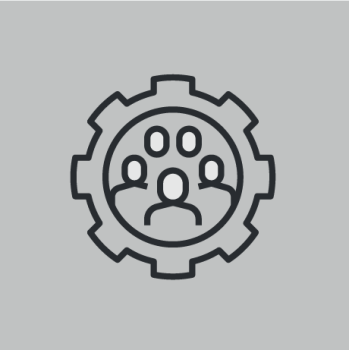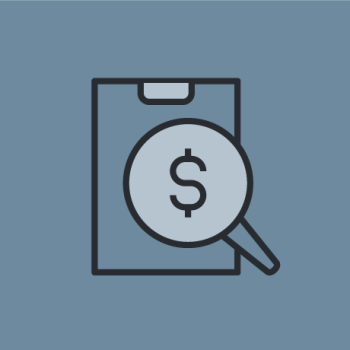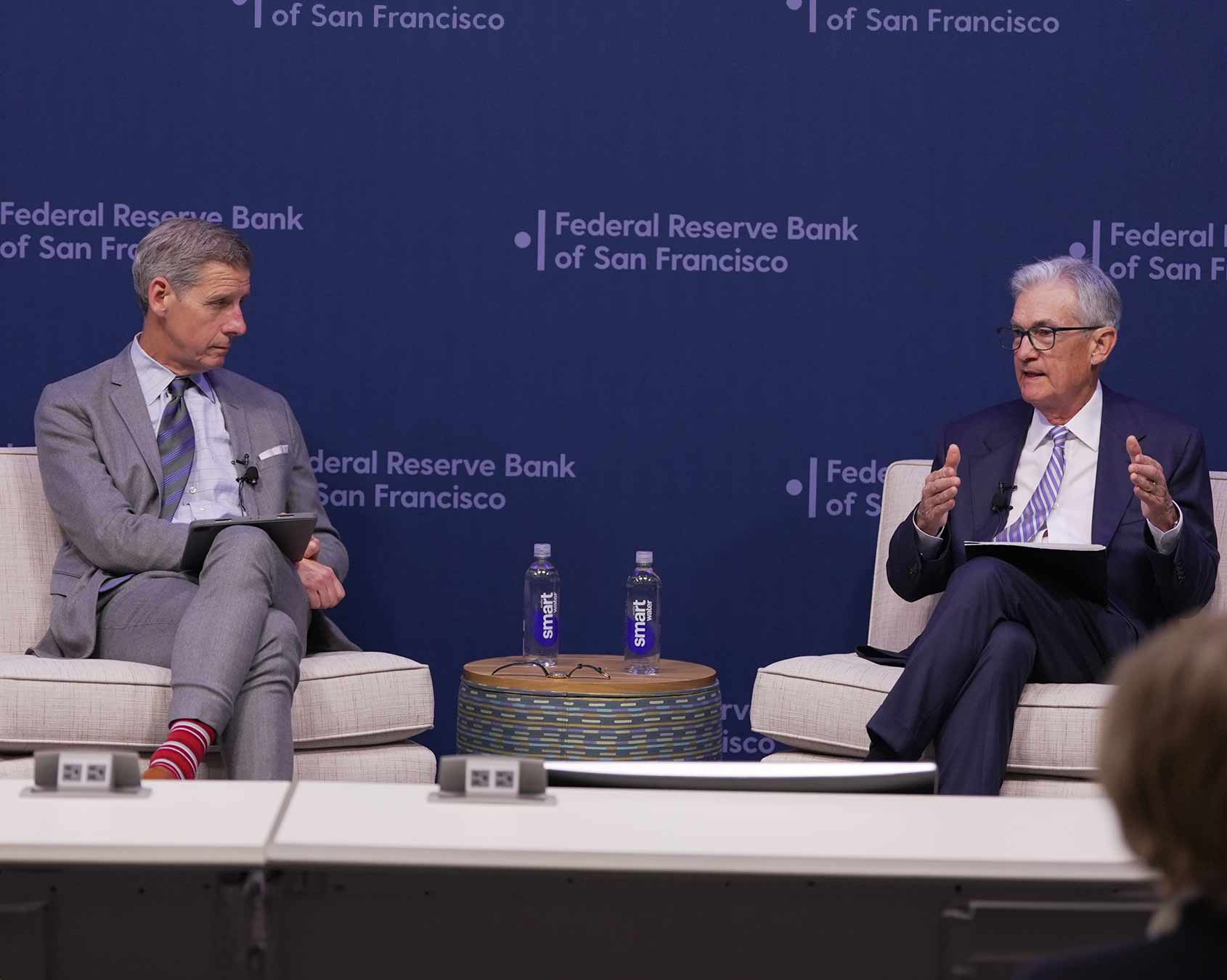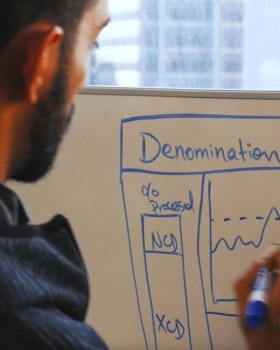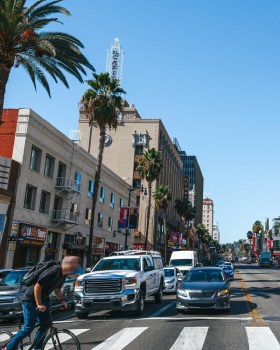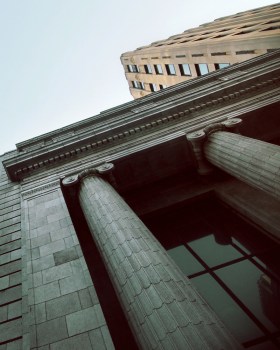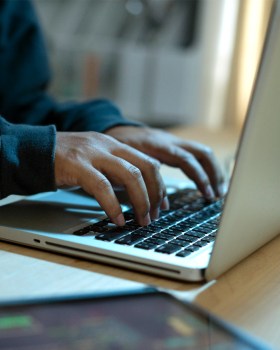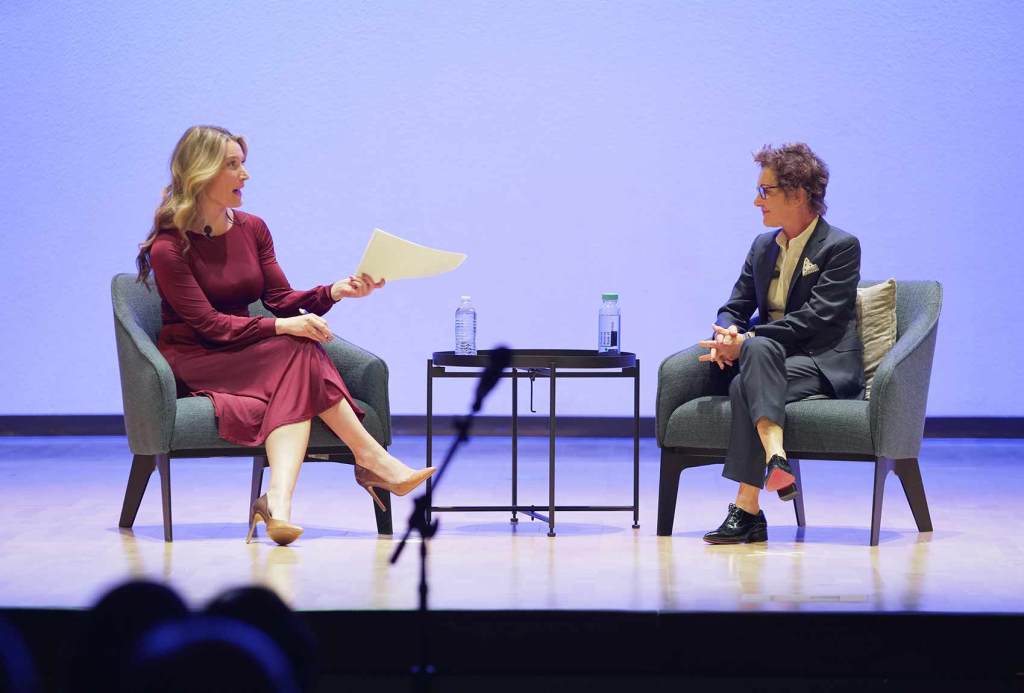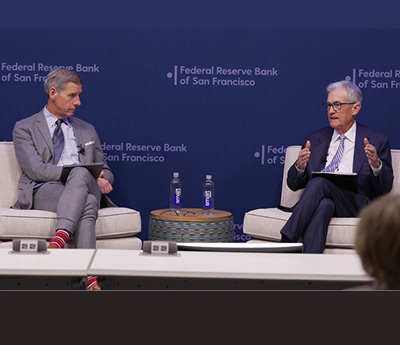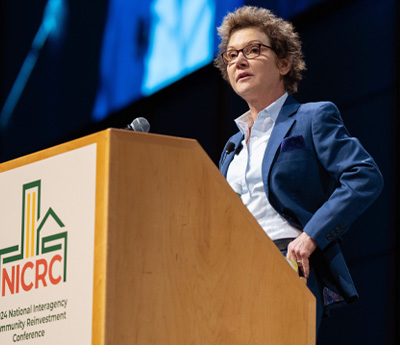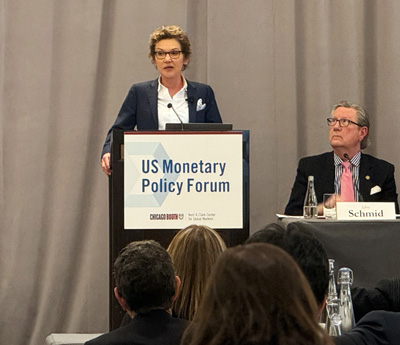How Quickly Do Prices Respond to Monetary Policy?
Our latest Economic Letter looks at the variation in price reactions to monetary policy.
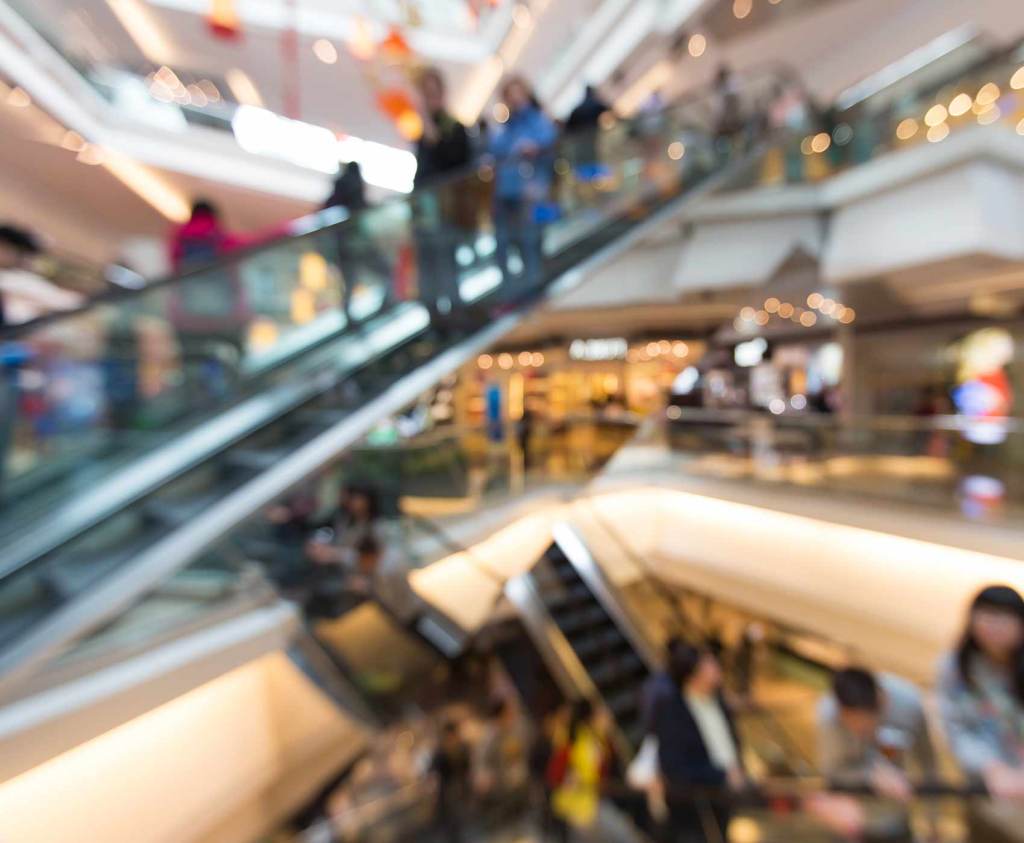
The Latest
What We Study:
Insights, research, and data on various topics affecting our economy.
News & Media
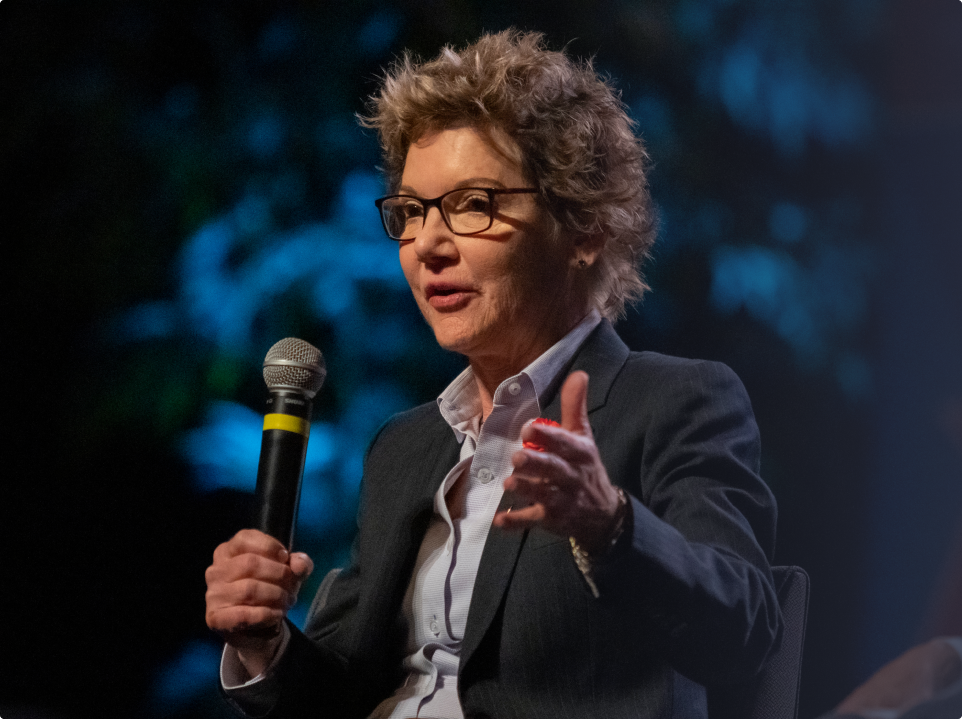
Help our country reach its full economic potential.
Meet the SF Fed
Learn more about our groups and their work in pursuit of the SF Fed’s mission.
Around the District
Video & Media
Watch the latest videos from the SF Fed covering events and topics relevant to the Twelfth District and beyond.
Explore the 12th District
The Federal Reserve Bank of San Francisco is one of the 12 Reserve Banks in the Federal Reserve System. San Francisco is the headquarters of the Twelfth Federal Reserve District.
